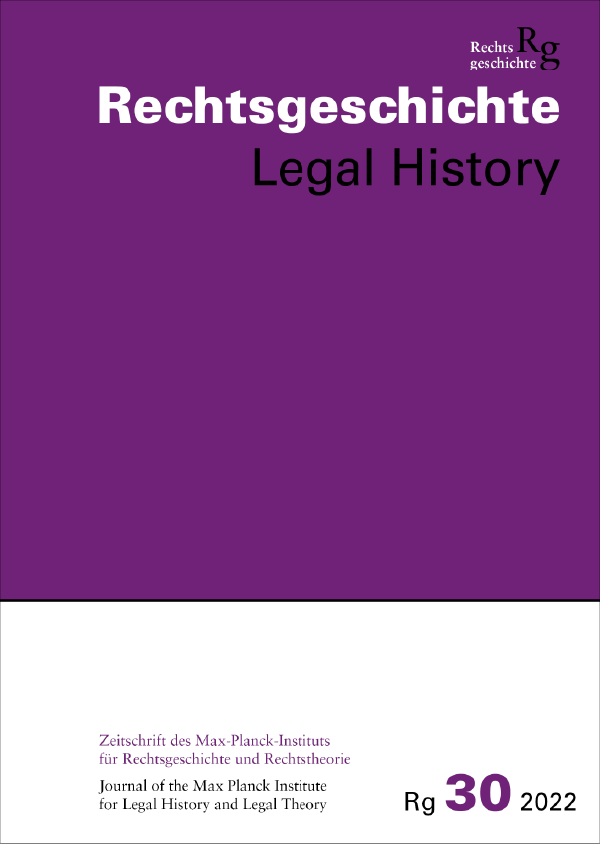Italian Immigration, Crime, and Police Actions in Uruguay: The Volpi-Patroni Case (1882)
DOI:
https://doi.org/10.12946/rg30/118-129Schlagworte:
Italy, Uruguay, immigration, transnational law, crime, modernizationAbstract
In March 1882, the Kingdom of Italy suspended diplomatic relations with the Republic of Uruguay because two Italian immigrants accused of murder, Raffaele Volpi and Vicenzo Patroni, had been tortured by the Uruguayan police. At that time, criminals and marginalized people were commonly stigmatized and persecuted by the authorities, who considered them to be blocking the political and cultural development of »modern« Uruguay.This context framed the episode.Through historical analysis of the Volpi Patroni case, its broad press coverage and transnational impact, this article examines the complex process of social identity formation at the time of the massive arrival and inclusion of foreigners into Uruguay society in the last two decades of the 19th century.
Veröffentlicht
Versionen
- 2022-10-07 (3)
- 2022-09-11 (1)
Zitationsvorschlag
Ausgabe
Rubrik
Lizenz
Copyright (c) 2022 Autor/in

Dieses Werk steht unter der Lizenz Creative Commons Namensnennung 4.0 International.





